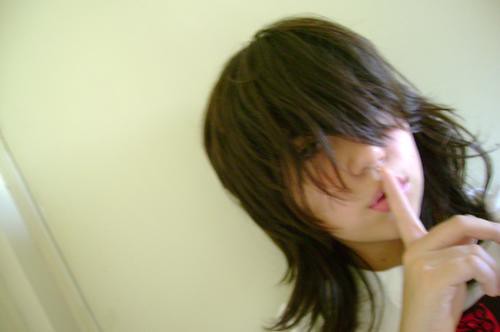hierophant /HIY-ər-ə-fant/. noun. In Ancient Greece, a high priest and revealer/teacher of mysteries/duties. Now, a chief advocate or spokesperson. From Greek hiero- (sacred) + phainein (to reveal).
“To all the worlds Sanctity stands forever upon the Terran horizon, perceivable yet remote, holy and unapproachable, fully accessible only to its chosen ones: the Hierophants, the servitors, the acolytes.” (Sheri S. Tepper)
“There have been famous babes; for example, little Moses, from whose adventure in the bulrushes the Egyptian hierophants of seven centuries before doubtless derived their idle tale of the child Osiris being preserved on a floating lotus leaf.” (Ambrose Bierce)
“We had all the time in the world to do everything a beautiful night invites one to do, everything which, on a damask bedspread that was less and less of pearl and more and more of dead leaves, could elevate us to the dignity of the hierophant—I liked to call Léopoldine the hierinfanta, I was already so cultured, so spiritual…” (Amélie Nothomb; translated by Alison Anderson)
“And I am no longer a surgeon, but a hierophant who must do magic to ward off the punishment of the angry gods.” (Richard Selzer)
“Poets are the hierophants of an unapprehended inspiration, the mirrors of the gigantic shadows which futurity casts upon the present, the words which express what they understand not, the trumpets which sing to battle and feel not what they inspire: the influence which is moved not, but moves. Poets are the unacknowledged legislators of the World.” (Percy Bysshe Shelley)
“the vein of anxiety running through the play, about the roughness of the magic, the fragility of innocence, the godlike power of the creators of illusory worlds, the irresistible tendency of man to debauchery rather than improvement, the blindness and self-indulgence of intellectuals, has cropped out, as the defrocked hierophant begs our intercession to save his soul.” (Germaine Greer)
“Yet how interested would the doctor have been in one who felt himself being shattered by the very forces of the universe? What cataplasms have laid on his soul? What did even the hierophants of science know of the fearful potencies of, for them, unvintageable evil?” (Malcolm Lowry)
“Mine is the kind of commentary in which frequently the comment will claim an equal rank with that which is supposedly its object; equal, and sometimes superior. In my study of Rilke, an early work, there are passages of ecstatic intensity that world-drunk lyricist himself might have envied, while those long, twinned essays on Kleist and on Kafka are as desperate and inconsolable as any of the plays or the parables of those two hierophants of dejection.” (John Banville)




